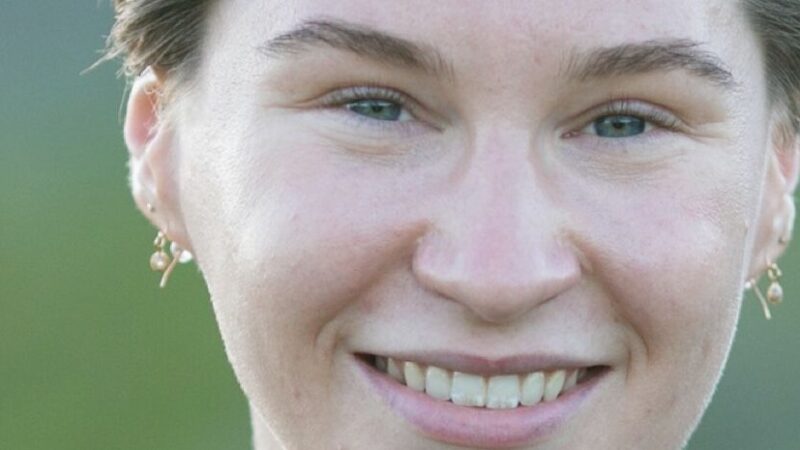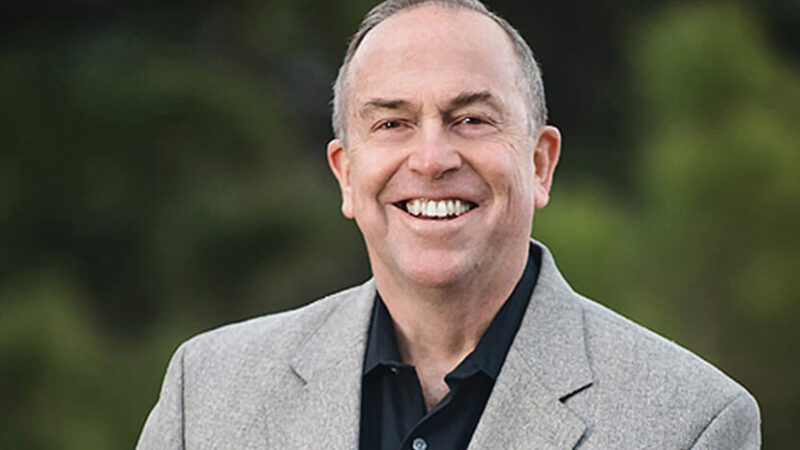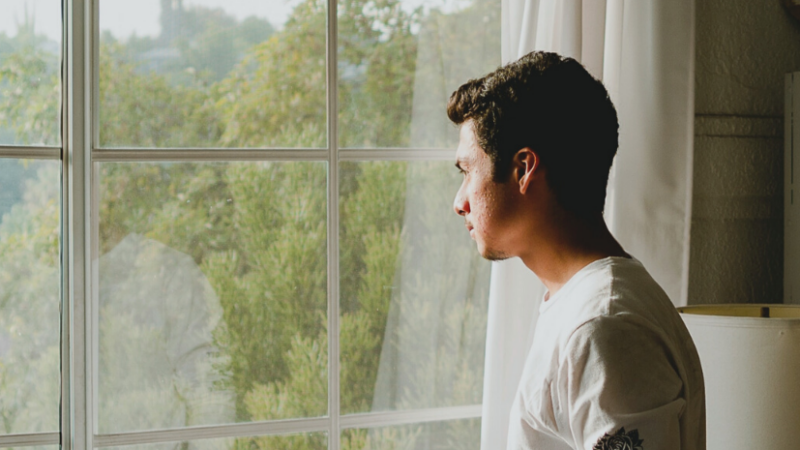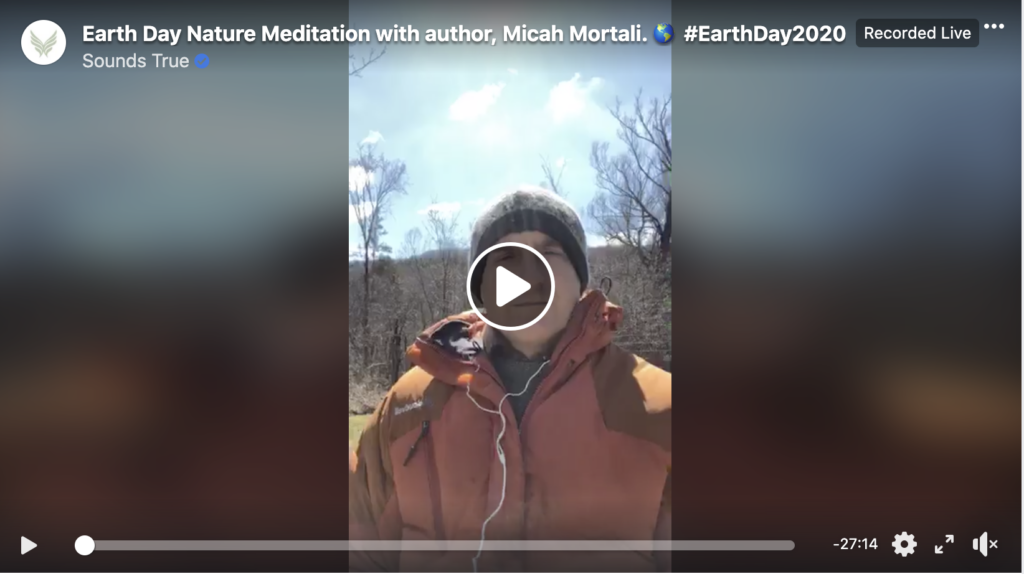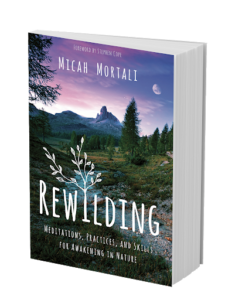Judith Orloff: How To Thrive as an Empath
Judith Orloff, MD, is a psychiatrist and the New York Times bestselling author of books such as The Power of Surrender. With Sounds True, Dr. Orloff has recently published The Empath’s Survival Guide: Life Strategies for Sensitive People. In this episode of Insights at the Edge, Tami Simon and Dr. Orloff explore the lives of empaths: what being an empath entails, how to approach the world as one, and how the rest of us have much to learn from these particularly sensitive people. Judith shares helpful practices for when empaths feel overwhelmed by a world that always seems to be cranked up to eleven. Finally, Tami joins Dr. Orloff in a guided heart-breathing meditation designed to open all of us to empathy’s most potent gifts. (67 minutes)

